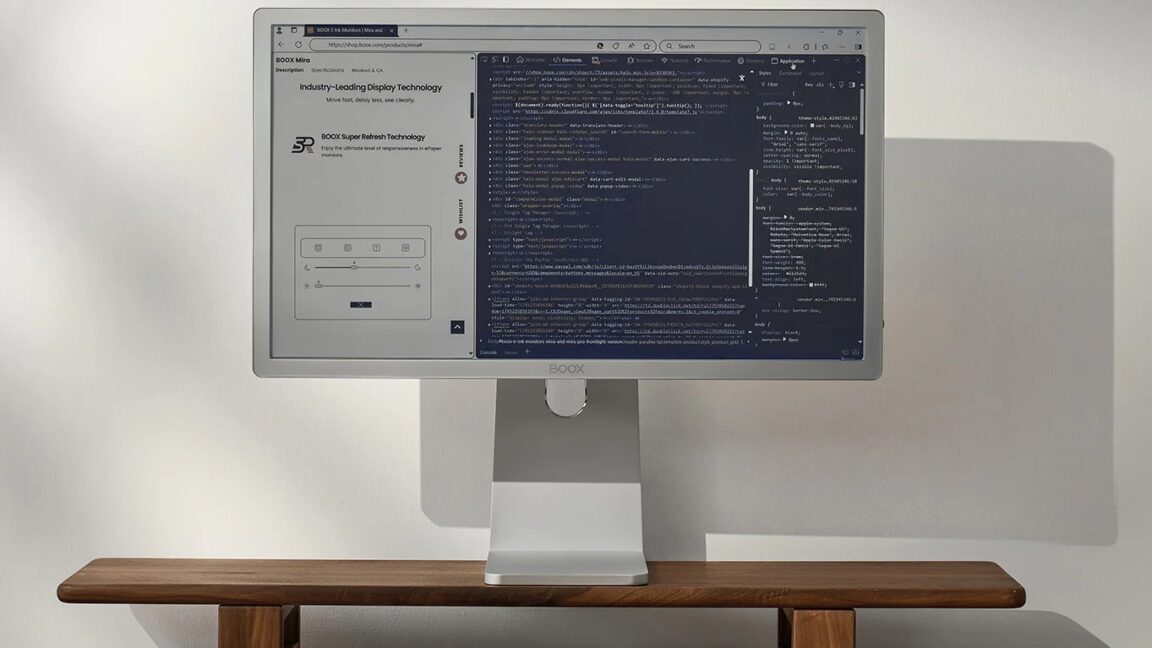
Xaba says its software can enable autonomous programming for industrial robots and 3D printing.
Source: XabaIn addition to mobile robots and drones, industrial automation can benefit from recent advances in artificial intelligence.
Xaba Inc.
said it has been building “synthetic brains for industrial robots with zero code.” The company today announced that it has secured a $6 million seed extension to accelerate the deployment of AI-powered robotics and cognitive industrial control systems.Industrial automation today remains highly inefficient, relying on outdated controllers, rigid programming, and extensive manual intervention, according to Xaba.
Programming and deploying industrial robots costs the industry $7 billion annually, with 80% of automation costs coming from manually developing logic for industrial controllers, it said. “Traditional robotics systems require extensive programming, constant human supervision, and [they] struggle with real-world variability in geometry, process parameters, materials, and actual production KPIs [key performance indicators],” stated Massimiliano Moruzzi, CEO of Xaba.“Were redefining automation by enabling robots and machines to self-optimize and execute complex tasks with minimal programming,” he added.
“The result is a dramatic reduction in waste and up to a 10x reduction in costs.”
Register now so you don't miss out!
Xaba applies AI to industrial automationFounded in 2022, Xaba said its “generative industrial AI” equips machines with cognitive intelligence, allowing them to autonomously adapt, optimize, and execute tasks with precision.
Its flagship xCognition platform is designed to accelerate deployment of industrial automation and collaborative robots.The Toronto-based company described xCognition as “an Open AI for industrial automation,” automating task programming and generating both part-programs and programmable logic controller (PLC) logic.
This enables machines to self-generate programs and execute complex tasks such as welding, drilling, assembling, and additive manufacturing, said Xaba.By integrating real-time intelligence into automation, the company said its systems can significantly reduce deployment costs and enhance the quality, consistency, and flexibility of manufacturing operations.Manufacturers can simply describe automation goals, production KPIs, or operational tasks in human-readable text or functional specifications.
From there, xCognition and PLCfy autonomously generate the required code, enabling robots and production lines to operate independently and adapt in real time.Xaba said this results in faster deployment, minimized downtime, and smarter, more resilient automation across industries through:Physics-informed machine learning model: Acting as a true digital twin, the company said its software accurately replicates real-world environments, adapting to different machines and motion platforms for precise, real-time optimization.AI code generation: Proprietary AI models can autonomously generate both robotic programs and PLC code by understanding operational workflows and machine logic.
This can reduce deployment time by up to 80% and eliminate manual coding, Xaba claimed.Real-time process learning module: Powered by data ontology and graph neural networks (GNNs), this module can capture, map, and understand complex relationships among machines, sensors, and processes.
The company said it ensures dynamic adaptation and continuous optimization.Cognitive control framework: Xaba offers a universal AI platform to integrate with nearly any robotic system, CNC machine, or PLC, supporting both legacy and modern equipment.Source: XabaThe company asserted that its AI is already eliminating costly rework and manual adjustments for aerospace, automotive, and high-precision manufacturing:Automotive manufacturing: Xaba said its AI optimizes aluminum casting and forging, enabling robots to precisely machine metallic castings while adjusting for tolerances—dramatically reducing assembly costs, rework, and production time.Large-scale robotic drilling: Manufacturers have achieved 10x faster production rates while significantly lowering capital expenditures, said the company.
Unlike traditional systems requiring rigid programming and manual adjustments, Xaba said its AI allows robots to reconfigure different parts and processes without costly downtime.Robotic welding: Xaba added that its AI automates MIG (metal inert gas) welding and TIG (tungsten inert gas) laser welding, and laser welding, ensuring consistent, high-quality output across production lines while accelerating production timelines.Large-scale 3D printing: Xabas xTrude product is designed to make 3D printing of large-scale functional parts more affordable.
It optimizes fused deposition modeling (FDM), preventing delamination, collapse, and distortion.
xTrude allows manufacturers to fine-tune print parameters in real-time, improving reliability and reducing material waste, the company said.Hitachi Ventures leads seed roundHitachi Ventures led Xabas seed round with participation from Hazelview Ventures, BDC Capital, Exposition Ventures, and Impact Venture Capital.
The funding brings the startups total raised to date to $8 million.“Industry 4.0 promised intelligent, autonomous factories—but its often been stuck in pilot purgatory, held back by rigid, code-heavy systems and legacy infrastructure,” said Gayathri Radhakrishnan, a partner at Hitachi Ventures.
“Xaba breaks that deadlock.
By giving industrial machines the ability to self-learn and self-program through generative AI, Xaba is turning the vision of smart manufacturing into a scalable, reality today.”“Max and his team have created a bold new blueprint for the future of robotics and industrial automation,” said Marco Andriano, CEO and president of Fives Cinetic Corp.
“Together, with Xabas xCognition, were delivering intelligent systems that transform decades of inefficiency into agile, scalable manufacturing environments—finally solving the most persistent programming and production challenges the industry faces today.”The post Xaba raises $6M to build ‘synthetic brains for industrial robots appeared first on The Robot Report.

 15
15














